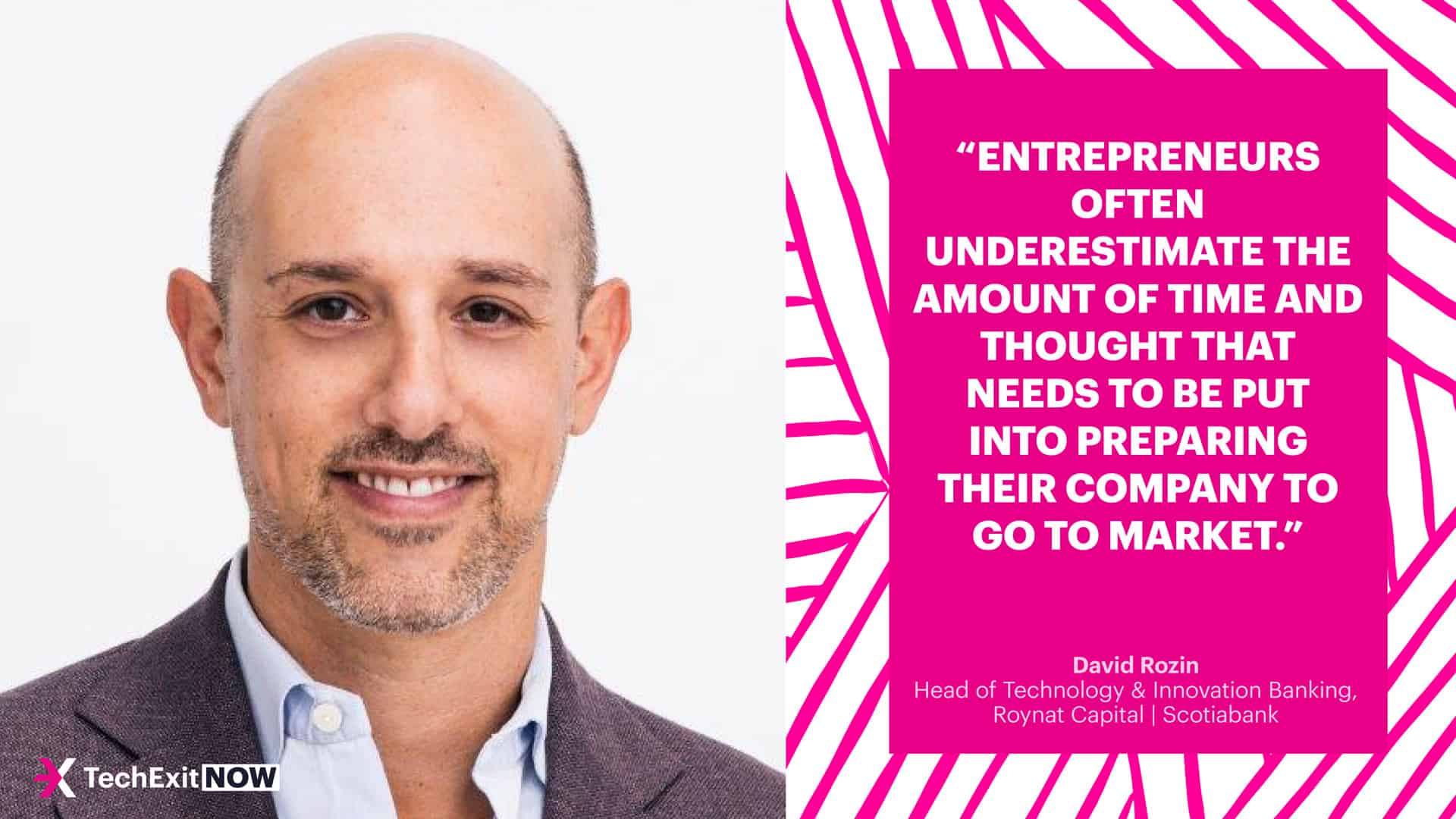3 Ways to Source Deals for Acquisition-Fueled Growth
Stefan Palios

Finding the right companies to buy is a difficult task, something that Randeep Janjua, Director, Growth & Transition Capital, in BDC Capital’s Vancouver office knows from his experience working with scaling companies. Randeep shared three ways for startup founders to source deals for acquisition-fueled growth.
Key takeaways:
- If you’re serious about acquisition-fueled growth, defining a clear acquisition strategy is important. Adding internal corporate development resources over time will increase the pace of acquisition although initially the onus is on Management to drive M&A activity.
- Relationships between CEOs are another great way to source deals but can take months or years to materialize.
- If you already have scale and resources, investment bankers and brokers can help source potential deals quickly.
Acquisition-fueled growth can be huge for a startup. A successful acquisition will generate more customers, revenue and potentially an increased valuation. But finding the right company to acquire is a difficult task with a lot of nuances. It’s something Randeep Janjua, Director, Growth & Transition Capital, in BDC Capital’s Vancouver office understands well from his years of assisting companies with capital to acquire.
Randeep shared his insights on three ways to find potential companies to acquire as part of your growth strategy.
1. Corporate development
If you have a dedicated strategy of acquisition-fueled growth, there will be a significant time commitment required from senior management. Over time, it may be worth setting up a small team to assist with corporate development
In a nutshell, corporate development takes a sales-like approach to sourcing companies:
Research is conducted on finding an ideal target such as what talent it would provide to your company or what kind of customers it would bring, whether that’s in your direct space or an adjacent space.
Teams should look for “warm intros” to target companies. If warm intros are not available, other traditional outreach strategies like cold calling/email or LinkedIn messaging are recommended.
Buyers must be able to communicate their value proposition clearly and effectively and strong companies are likely approached on a regular basis. Persistence is also key as many CEOs may initially be reluctant to sell their business.
“Effective Corporate Development requires significant upfront planning to ensure team members are spending their time on targets that are a logical fit both strategically and culturally. Once a strong opportunity has been identified, it is important to move quickly to maximize the probability of closing.”
2. Relationships
This is the method people often think of when they hear about companies buying other companies. It’s the mental picture of CEOs chumming it up at the club while one slides a piece of paper across the table with a purchase price.
While that kind of meeting may happen, it’s rare. Instead, Randeep said the process is much more time consuming and focused on relationship building.
The process looks like this:
The CEO or founders of the acquiring company regularly attend networking or industry events and meet people in their space, both competitors and complementary businesses.
Over time (a period of months or years), relationships form between leaders who might talk business or even develop a personal friendship.
Only once trust has been built, discussions on a potential sale can be advanced.
“To make this approach work, you first need a forum where you can provide best practices and expertise,” said Randeep. “Then you have to advance those conversations to become more familiar with a target company’s senior management team before talking about an acquisition.”
3. Investment banks and brokers
If you’ve grown in other ways and are pivoting into acquisition-fueled growth, brokers and investment bankers might be a good strategy.
In effect, these professionals in the middle rapidly speed up the relationship-building process. Companies have already indicated to these brokers that they want to sell and rely on them to vet potential buyers. That makes it significantly easier to quickly move the conversation to a purchase discussion.
The key is to find brokers or investment banks that understand both your size and your space. For example, Garibaldi Capital Advisors and Fort Capital Partners both focus on companies in the middle market. Then there’s also making sure that the firm understands your niche and industry - or at least has a specialist on staff - so they can more deeply guide you.
“Sophisticated companies will often hire Investment Bankers to run their sale or capital raise process. Buyers can unlock high quality opportunities if they are able to show investment bankers, they are credible,” said Randeep. “A process ran by an investment bank will require less time upfront than the alternatives although the process will be more competitive and success rates will inevitably be lower.”
Sourcing a deal is only step one
The way you source a company can have profound impacts on how the process moves forward, with each having implications on how due diligence, negotiations, and deal facilitation might go. With that in mind, it’s important to be ready for “lots of back and forth” to ensure that everyone feels like they are getting a win.
“There’s quite a bit of contrast with each approach,” said Randeep. “The key is to think about what works for your business goals, timeline, and the kind of relationships you can develop.”
BACK









